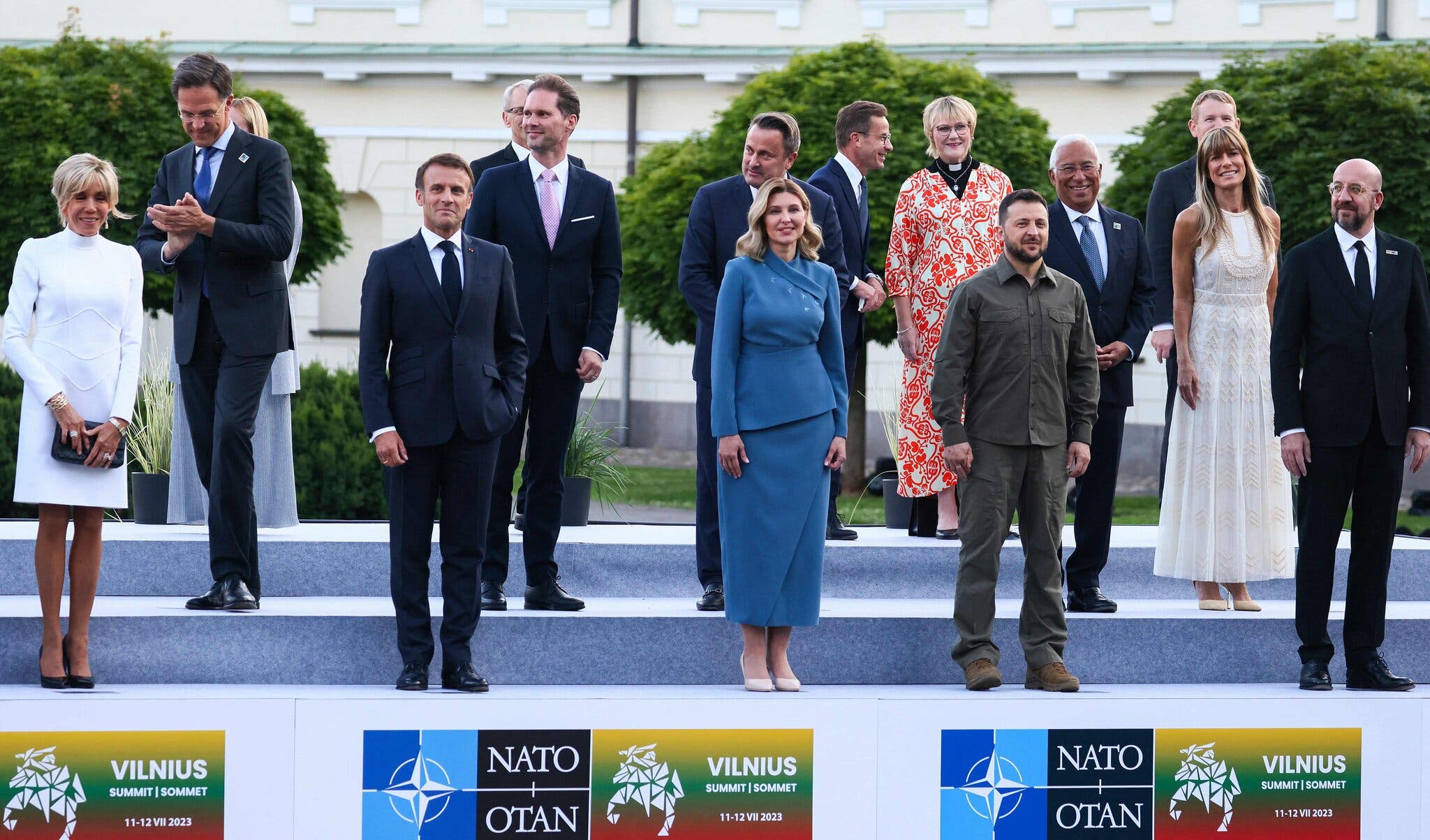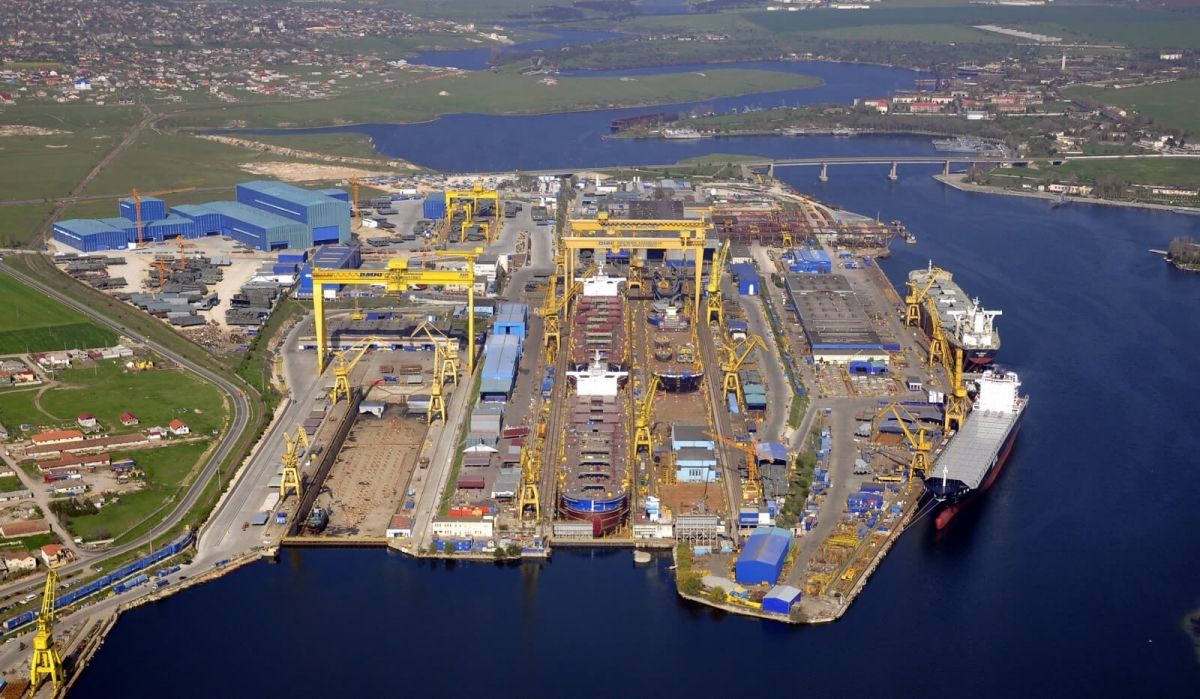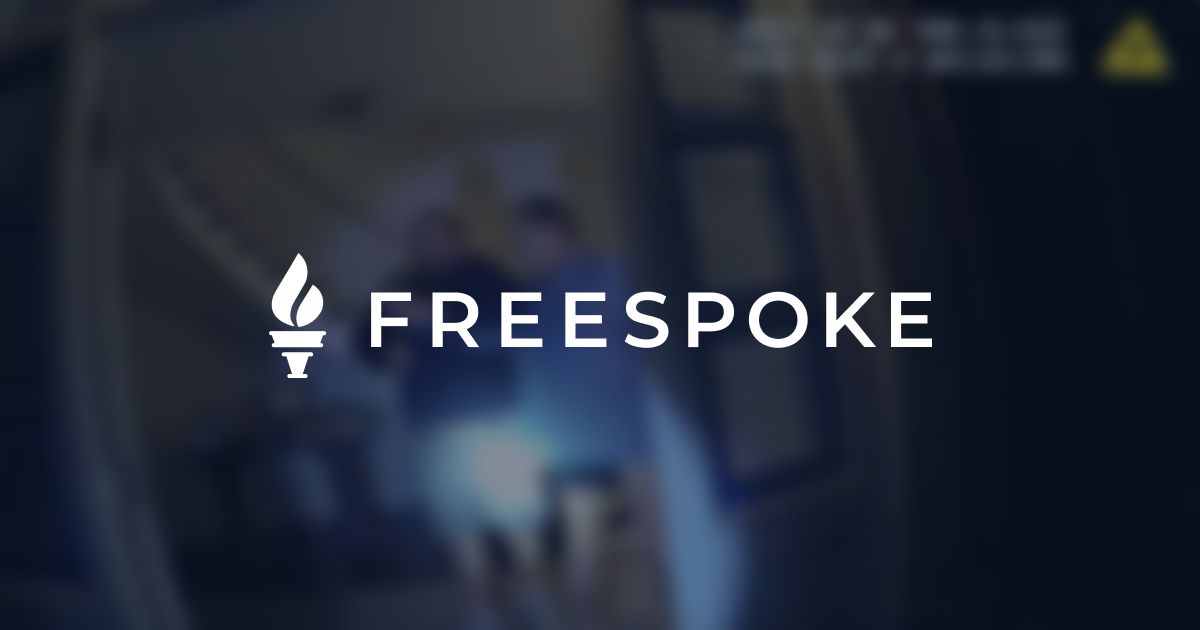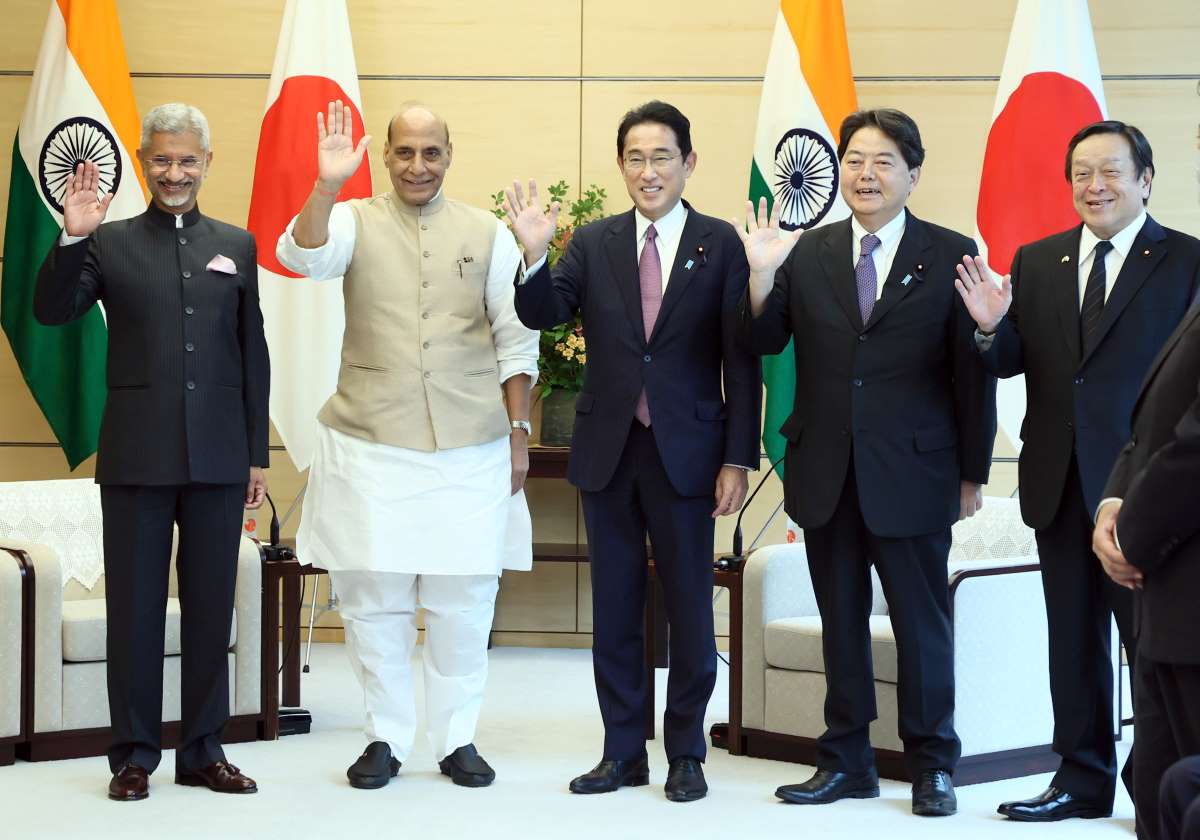NATO And Ukraine: Understanding Trump's Skepticism

Table of Contents
Trump's "America First" Policy and its Impact on NATO
Trump's "America First" foreign policy prioritized American interests above all else. This philosophy directly clashed with the core tenets of NATO, a collective security alliance predicated on mutual defense and burden-sharing. Trump's skepticism towards NATO manifested in several ways:
- Reduced Financial Contributions to NATO: He consistently criticized NATO allies for not meeting their agreed-upon financial commitments, suggesting the U.S. was carrying an unfair burden.
- Questioning the Value of NATO Membership for the U.S.: Trump openly questioned the strategic value of NATO membership for the United States, suggesting it was an outdated and costly alliance.
- Criticism of Burden-Sharing Among NATO Allies: He repeatedly pressured allies to increase their defense spending and contribute more to collective security efforts.
- Emphasis on Bilateral Deals Over Multilateral Alliances: Trump favored bilateral agreements over multilateral alliances, undermining the collaborative spirit of NATO.
This approach strained transatlantic relations and raised serious questions about the U.S.'s commitment to the collective defense of its allies, including Ukraine, which aspired to closer ties with NATO. The uncertainty created by Trump's stance weakened the alliance's credibility and potentially emboldened adversaries like Russia.
Doubts about Ukraine's Readiness and Corruption
Trump expressed concerns about Ukraine's readiness for closer integration with NATO, citing issues of corruption and military preparedness. These concerns included:
- Concerns about Ukraine's Military Capabilities: Questions were raised about the Ukrainian military's capacity to meet NATO standards and effectively defend itself against Russian aggression.
- Allegations of Political Interference and Lack of Transparency: Allegations of corruption and political interference within the Ukrainian government fueled Trump's skepticism, raising concerns about the effective use of US aid.
- The Impact of Corruption on Aid Effectiveness: Trump worried that corruption could hinder the effective use of U.S. military and economic assistance to Ukraine.
- Potential for Misuse of US Military Aid: The perception of widespread corruption raised concerns that U.S. aid might be misused or diverted from its intended purpose.
While concerns about corruption in Ukraine were valid, critics argued that Trump's focus on these issues overshadowed the strategic importance of supporting Ukraine against Russian aggression and the broader implications for European security.
Geopolitical Considerations and Russia
Trump's approach to Russia significantly influenced his stance on Ukraine. His pursuit of improved relations with Russia, often at the expense of traditional allies, raised concerns about his willingness to defend Ukraine against Russian aggression. Key aspects included:
- Trump's Pursuit of Improved Relations with Russia: Trump's attempts to build a closer relationship with Russia were viewed with suspicion by many, particularly given Russia's annexation of Crimea and its support for separatists in eastern Ukraine.
- Concerns about Provoking Russia Through NATO Expansion: Trump seemed hesitant to further antagonize Russia by expanding NATO's influence further into Eastern Europe.
- Potential for Escalation of Conflict in Eastern Europe: Some argued that Trump's approach risked escalating the conflict by signaling a lack of U.S. commitment to Ukraine's defense.
- Analysis of Russia's Influence Within Ukraine: The extent of Russian influence within Ukrainian politics and society was a critical factor in Trump's assessment of the situation.
The complex geopolitical dynamics involving Russia, Ukraine, and NATO presented significant challenges, and Trump's approach emphasized a pragmatic, albeit controversial, engagement with Russia, potentially at the expense of Ukraine's security.
Alternative Perspectives and Criticisms of Trump's Approach
Many criticized Trump's skepticism towards NATO's involvement in Ukraine, arguing that his approach undermined European security and stability. These criticisms highlighted:
- Importance of Collective Defense and Deterrence: Critics emphasized the crucial role of NATO in deterring Russian aggression and maintaining peace and stability in Europe.
- Risks of Emboldening Russia Through Inaction: A lack of strong support for Ukraine was seen as potentially emboldening Russia and encouraging further aggression.
- The Moral Obligation to Support Ukraine's Sovereignty: Many argued that the U.S. had a moral obligation to support Ukraine's sovereignty and territorial integrity against Russian aggression.
- The Economic and Strategic Implications of a Weakened NATO: Trump's actions were seen as potentially weakening NATO, with significant economic and strategic consequences for the U.S. and its allies.
Alternative strategies emphasized a stronger commitment to supporting Ukraine's defense capabilities, strengthening NATO's collective defense posture, and pursuing a more assertive policy towards Russia.
Conclusion
Trump's skepticism towards NATO's involvement in Ukraine stemmed from a complex interplay of factors, including his "America First" ideology, concerns about Ukraine's internal affairs, and a desire for improved relations with Russia. However, his approach faced considerable criticism for potentially undermining European security, emboldening Russia, and neglecting Ukraine's sovereignty. Understanding these diverse perspectives and their potential long-term consequences is crucial. Further research into the complexities surrounding NATO, Ukraine, and Trump's foreign policy will enable you to form your own informed opinions on the issue of NATO and Ukraine, particularly concerning Trump's skepticism. Engage in informed discussions about the future of the NATO-Ukraine relationship.

Featured Posts
-
 Nintendos Action Forces Ryujinx Emulator To Cease Development
Apr 26, 2025
Nintendos Action Forces Ryujinx Emulator To Cease Development
Apr 26, 2025 -
 Wildfire Betting Exploring The Unease Surrounding Los Angeles Burning Landscape
Apr 26, 2025
Wildfire Betting Exploring The Unease Surrounding Los Angeles Burning Landscape
Apr 26, 2025 -
 Dispute At Mangalia Shipyard Navalistul Union Calls On Netherlands Embassy For Action
Apr 26, 2025
Dispute At Mangalia Shipyard Navalistul Union Calls On Netherlands Embassy For Action
Apr 26, 2025 -
 George Santos Faces 87 Month Prison Sentence Doj Seeks Lengthy Term In Fraud Case
Apr 26, 2025
George Santos Faces 87 Month Prison Sentence Doj Seeks Lengthy Term In Fraud Case
Apr 26, 2025 -
 Identifying The Countrys Next Big Business Areas A Geographic Analysis
Apr 26, 2025
Identifying The Countrys Next Big Business Areas A Geographic Analysis
Apr 26, 2025
